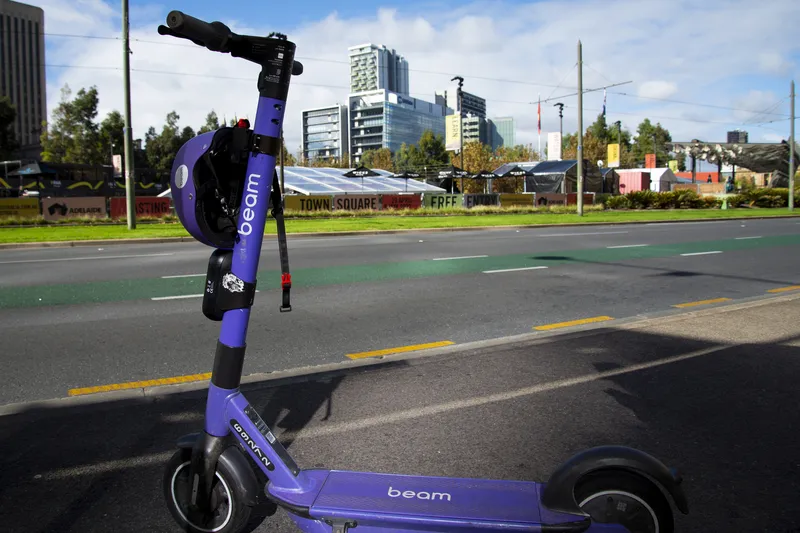
A viable electric bike-share scheme can boost business, improve land use and improve air quality, according to a new report.
Movmi's Electric Bikesharing white paper suggests that, while micromobility in general has become more popular in urban applications, e-bikes have been the preferred mode.
"Micromobility operators have undoubtedly played a role in the spiking ridership stats, as conventional shared e-scooter providers increased the mix of e-bikes in their fleet," it says.
"And while Jump pioneered the popularity of e-bike sharing in NorthAmerica back in 2010, today almost every shared mobility provider is seen to be introducing e-bikes."
As the world becomes more urbanised - with all that this implies for congestion and air quality - cities need "to design transportation systems significantly more efficient than the prevailing single occupancy private vehicle", the report goes on.
Transportation agencies must embrace multimodal journeys and recognise that shorter trips will become dominant for people moving around densely-populated areas.
E-bikes can solve first/last-mile issues in areas underserved by public transportation while creating workable alternatives to private car use.
"Taking cues from the pandemic-struck world, e-bikes are becoming an increasingly popular mode of choice for cities."
Ridership with e-bike-sharing is three to five times higher than with regular bikes, on average, and riders travel 1.7 times the distance on a shared e-bike, with increased accessibility attracting net new users and increasing overall utilisation.
"Both factors directly correlate with revenue streams for operators," the report adds.
For businesses, e-bikes increase overall and impulse shopper foot traffic.
The environmental impact is also significant, the report suggests: "The use of single-occupancy vehicles is one of the largest
contributors of GHG emissions within cities. With the pressure of the climate emergency, municipalities across the world are pushing for policies and programmes that decrease reliance on car ownership."
More e-bike-share would also mean "vast amounts of land currently being used to park cars can be reclaimed for green spaces".








